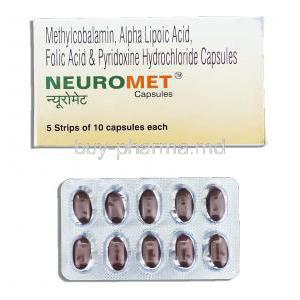Vitamin B complex
Uses
Vitamin B complex is a nutritional supplement used in the treatment of nutritional deficiency for vitamin B.
How it Works
Vitamin B complex helps to ensure there is no vitamin B deficiency. Vitamin B complex helps the body break down fats, carbohydrates, and other substances. Vitamin B complex also supports the health of the skin, nerves, digestive tract, metabolism, and cells.
Common Side effects
Some of the potential side effects of Vitamin B complex can include the symptoms below;
Hair loss,
Dry skin,
Scaly rash around the eyes or mouth,
Dry eyes,
Fatigue,
Depression
Zinc Sulphate Monohydrate
Uses
Zinc Sulphate Monohydrate is a nutritional supplement, Zinc Sulphate Monohydrate is used as a treatment for nutritional deficiencies.
How it Works
Zinc sulphate monohydrate provides essential nutrients for the treatment of wound healing and for the senses of taste and smell.
Common Side effects
Some of the potential side effects of Zinc Sulphate Monohydrate can include the symptoms below;
Headache,
Indigestion,
Abdominal cramp,
Diarrhoea.
Niacinamide
Uses
Niacinamide is used as a nutritional supplement in the treatment of nutritional deficiencies
How it Works
Niacinamide provides essential nutrients for patients suffering with niacin deficiencies.
Common Side effects
Patients who take Niacinamide may suffer from such side effects;
Heartburn,
Hepatobiliary disorder,
Liver toxicity,
Sore throat,
Stiffness of face,
Nausea,
Portal vein fibrosis,
Blockade of portal blood vessels,
Dry hair,
Headache,
Disorientation,
Fatigue
Calcium Pantothenate
Uses
Calcium Pantothenate is used as a nutritional supplement in the treatment of nutritional deficiencies.
How it Works
Calcium Pantothenate provides essential nutrients for patients suffering with certain nutritional deficiencies
Common Side effects
Patients who take Calcium Pantothenate may suffer from such side effects;
Central nervous system depression,
Coma,
Ectopic mineralization
Magnesium Sulphate
Uses
Magnesium Sulphate is used in the treatment of seizures in pregnant women with high blood pressure and decreased magnesium levels in blood. Magnesium Sulphate is also used for the treatment of Pain and swelling from sprains, Constipation, Magnesium deficiency and Irregular heartbeat
How it Works
Magnesium sulphate has anti-inflammatory and laxative properties. Magnesium sulphate is known as a mineral salt and a micronutrient. Magnesium sulphate works as a replacement for magnesium in patients with magnesium deficiency and at site of edema in case of injuries. Magnesium Sulphate also decreases nerve impulses to heart muscles. Magnesium sulphate helps to retain water inside the colon, which helps to increase the mobility and helps to ease bowel movements
Common Side effects
Some of the potential side effects of Magnesium Sulphate can include the symptoms below
Decreased blood pressure,
Decreased body temperature,
Diarrhoea,
Nausea,
Paralysis,
Abdominal pain,
Increased sweating,
Vomiting,
Central nervous system depression,
Cardiac depression,
Injection site pain


















